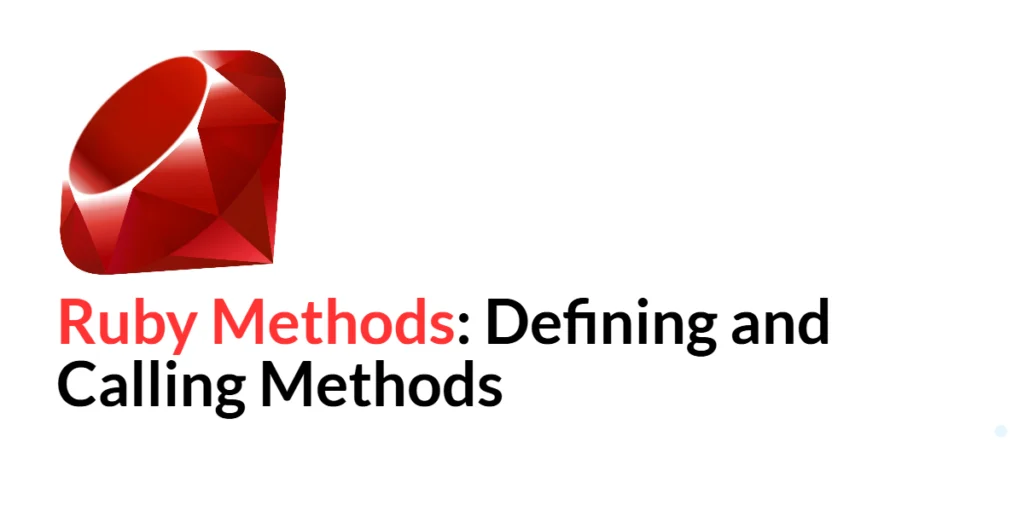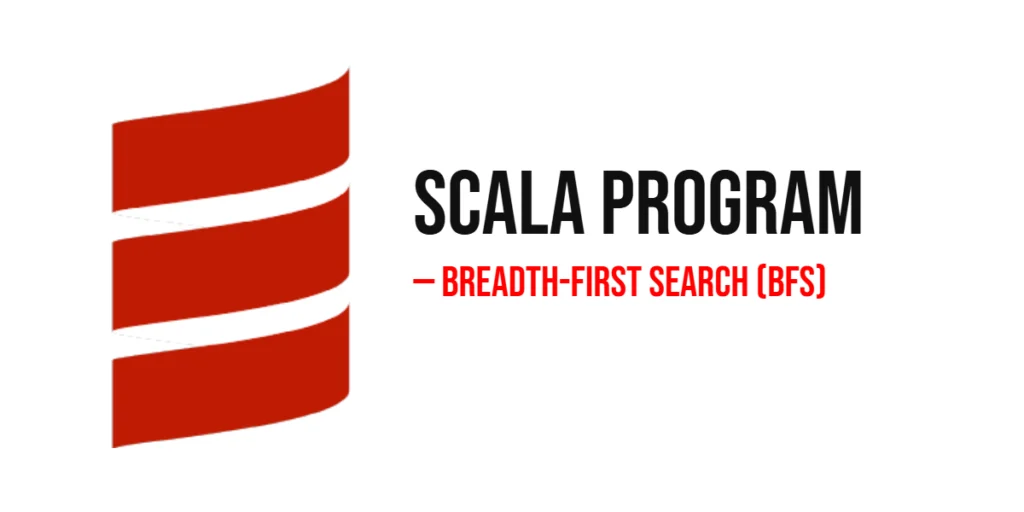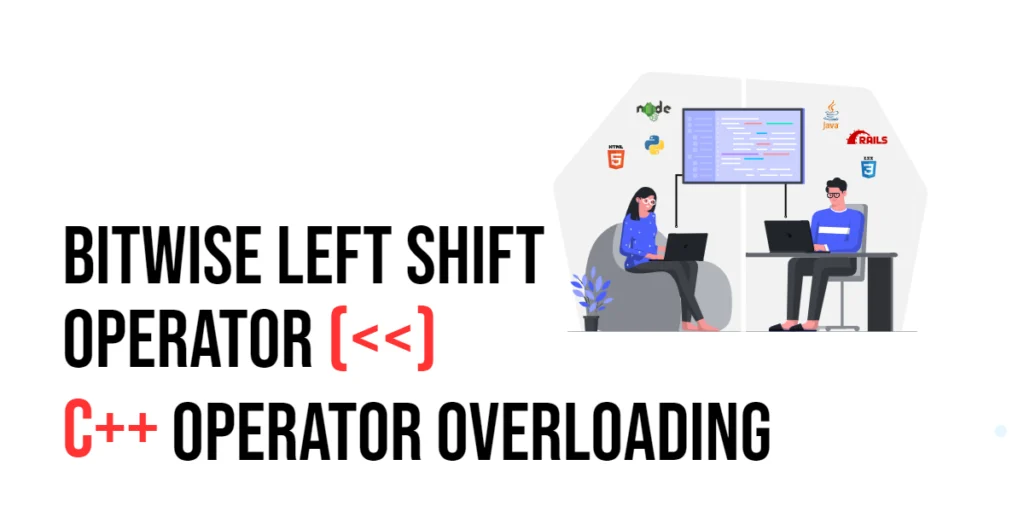Methods are fundamental building blocks in Ruby, allowing you to encapsulate code into reusable units. By defining methods, you can organize your code more effectively, making it modular and easier to maintain. Methods help in breaking down complex problems into smaller, manageable pieces, promoting code reuse and improving readability.

with hands-on learning.
get the skills and confidence to land your next move.
In Ruby, methods can be defined to perform a wide range of tasks, from simple calculations to more complex operations. This article will explore how to define and call methods in Ruby, including method parameters, return values, and advanced concepts like method overloading and default parameters. By mastering methods, you will be able to write more efficient and organized Ruby code.
Defining Methods
Defining a method in Ruby is straightforward. You use the def keyword followed by the method name and any parameters it takes. The method body contains the code to be executed when the method is called, and the method definition is concluded with the end keyword.
Here is an example of a simple method definition:
def greet
puts "Hello, World!"
endIn this example, the greet method is defined with no parameters. The method prints “Hello, World!” to the console when called. Defining methods in this way allows you to encapsulate functionality that can be reused throughout your code.
Methods can also take parameters, allowing you to pass information to them when they are called. For example:
def greet(name)
puts "Hello, #{name}!"
endIn this example, the greet method takes one parameter, name. When the method is called, the name parameter is used to personalize the greeting.
Calling Methods
Calling a method in Ruby is simple. You use the method name followed by any arguments in parentheses. If the method does not take any parameters, you can omit the parentheses.
Here is an example of calling the greet method defined earlier:
greetIn this example, calling greet will execute the method and print “Hello, World!” to the console. If the method takes parameters, you pass the arguments when calling the method:
greet("Alice")Here, calling greet("Alice") will execute the method and print “Hello, Alice!” to the console. Calling methods with the appropriate arguments allows you to execute the encapsulated code with different inputs.
Method Parameters
Methods in Ruby can take multiple parameters, which are passed as a comma-separated list. Parameters allow methods to operate on different inputs and return corresponding results.
Consider the following example of a method that takes two parameters:
def add(a, b)
a + b
endIn this example, the add method takes two parameters, a and b. The method returns the sum of a and b. You can call this method with different arguments to get the sum of different numbers:
puts add(2, 3) # Output: 5
puts add(10, 20) # Output: 30Here, calling add(2, 3) returns 5, and calling add(10, 20) returns 30. Using parameters makes methods flexible and reusable for different inputs.
Return Values
In Ruby, methods return the value of the last evaluated expression by default. You can also use the return keyword to explicitly specify the return value of a method.
Consider the following example:
def multiply(a, b)
return a * b
endIn this example, the multiply method explicitly returns the product of a and b using the return keyword. You can call this method to get the product of different numbers:
puts multiply(2, 3) # Output: 6
puts multiply(4, 5) # Output: 20Here, calling multiply(2, 3) returns 6, and calling multiply(4, 5) returns 20. Using the return keyword provides clarity on what value the method will return.
If you omit the return keyword, the method will still return the value of the last evaluated expression:
def subtract(a, b)
a - b
endIn this example, the subtract method implicitly returns the difference between a and b. Calling this method will return the difference of the provided arguments:
puts subtract(10, 3) # Output: 7
puts subtract(20, 5) # Output: 15Here, calling subtract(10, 3) returns 7, and calling subtract(20, 5) returns 15.
Method Overloading and Default Parameters
Ruby does not support method overloading in the traditional sense (multiple methods with the same name but different parameter lists). However, you can achieve similar functionality using default parameters. Default parameters allow you to specify default values for parameters that are used if no arguments are provided.
Consider the following example:
def greet(name = "World")
puts "Hello, #{name}!"
endIn this example, the greet method has a default parameter name with the default value “World”. If you call the method without any arguments, the default value is used:
greet # Output: Hello, World!
greet("Alice") # Output: Hello, Alice!Here, calling greet without arguments prints “Hello, World!”, while calling greet("Alice") prints “Hello, Alice!”. Using default parameters allows you to provide flexible method definitions that can handle different numbers of arguments.
You can also combine required and optional parameters:
def full_name(first_name, last_name = "Doe")
"#{first_name} #{last_name}"
endIn this example, the full_name method requires first_name and has an optional parameter last_name with a default value of “Doe”. Calling the method with different arguments demonstrates its flexibility:
puts full_name("John") # Output: John Doe
puts full_name("John", "Smith") # Output: John SmithHere, calling full_name("John") returns “John Doe”, and calling full_name("John", "Smith") returns “John Smith”.
Conclusion
Defining and calling methods in Ruby allows you to encapsulate functionality into reusable units, making your code more modular and maintainable. By understanding how to define methods, pass parameters, handle return values, and use default parameters, you can write more efficient and flexible Ruby programs. Practice using methods in various scenarios to deepen your understanding and improve your proficiency in Ruby programming.
Additional Resources
To further your learning and explore more about Ruby methods, here are some valuable resources:
- Official Ruby Documentation: ruby-lang.org
- Codecademy Ruby Course: codecademy.com/learn/learn-ruby
- RubyMonk: An interactive Ruby tutorial: rubymonk.com
- The Odin Project: A comprehensive web development course that includes Ruby: theodinproject.com
- Practical Object-Oriented Design in Ruby by Sandi Metz: A highly recommended book for understanding OOP in Ruby.
These resources will help you deepen your understanding of Ruby and continue your journey towards becoming a proficient Ruby developer.







